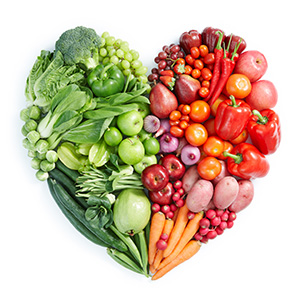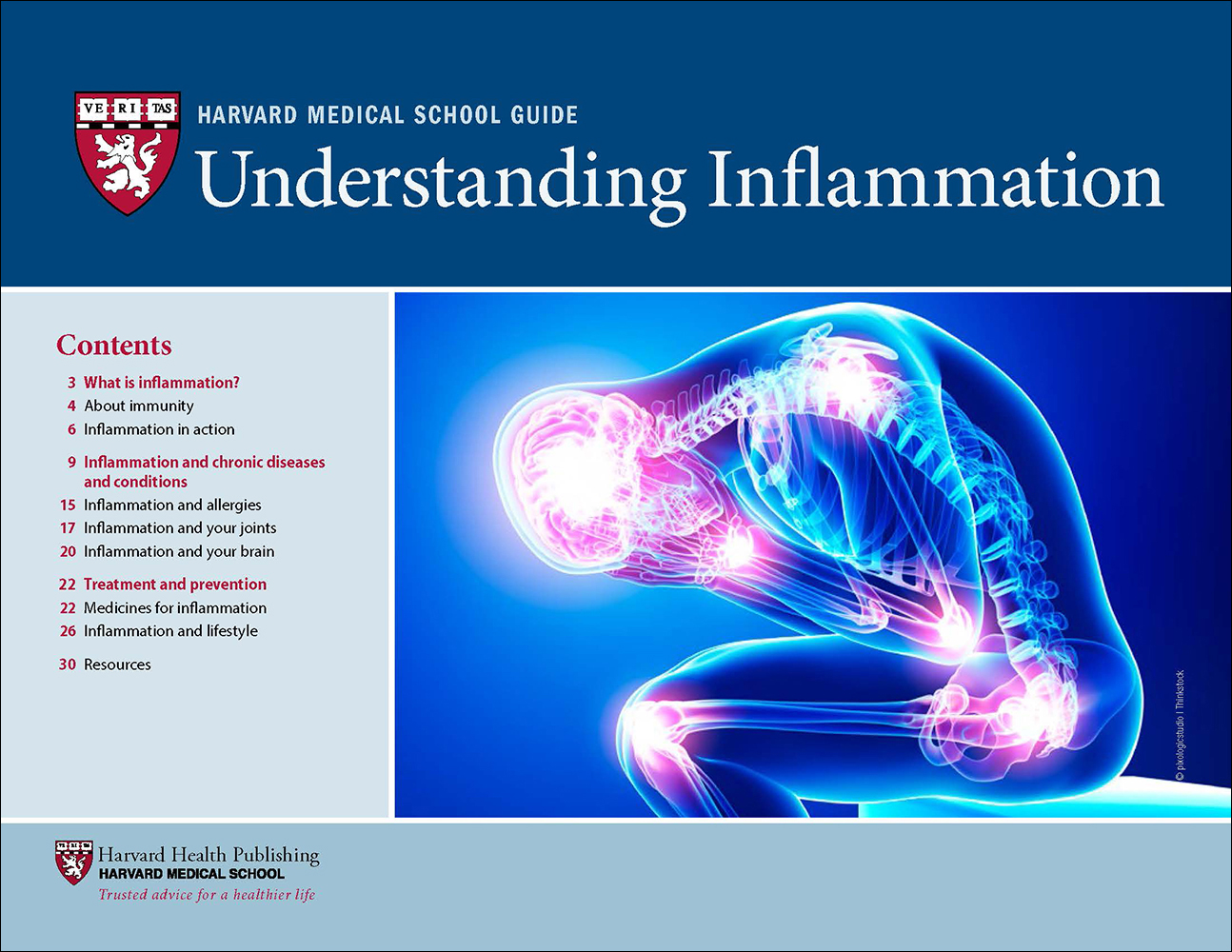Inflammation Guidance
"That's when it [chronic inflammation] becomes detrimental."As people age, low-grade inflammation can increase as age progresses where sex hormones estrogen and testosterone -- both anti-inflammatory hormones -- decline, and inflammation creeps up. Senescent cells grow larger and more stressed, refusing to die, as we age. The best proven strategy against what seems inevitable is to continue to use our bodies. When muscles move, the production of anti-inflammatory cytokines, which counteract inflammation in the muscles and elsewhere in the body, is stimulated. Exercise is key.
"Chronic inflammation is like a grumbling, low level of inflammation, which can go on for years."
"Hippocrates [the Greek 'father of medicine'] BC, in 400 BC said that exercise is man's best medicine, but his message has been lost over time, and we live in an increasingly sedentary society."
"As we get older, levels of inflammation in the body tend to creep up, but if you keep your weight down and keep physically active then you can prevent inflammaging; it is not inevitable."
Dr.Janet Lord, director, Institute of Inflammation and Ageing, University of Birmingham
"In the late '90s, people started saying that heart disease is an inflammatory disease, and you can lower people's risk by treating them with anti-inflammatory drugs like aspirin."
"If I was to write a book on the Mediterranean diet, I would have that exact same picture [colourful fruits and vegetables, olive oil, whole grains and nuts, salmon, red wine]."
"There isn't a magic anti-inflammatory diet; an anti-inflammatory diet is a generally healthy diet."
"That's [weight gain] a danger signal to cells, and the way we respond to danger is through inflammation. Being obese is a risk factor for heart disease and maybe one of the reasons is that adipose tissue drives low-grade inflammation."
Dr.Philip Calder, nutritional immunologist, University of Southampton
"Diet, exercise, healthy lifestyle, minimizing stress, getting enough sleep; all of these things are beneficial at the molecular level and the cellular level, as well as just making you feel a lot better."
"One of the things they [senescent cells refusing to die] do is to switch on a pile of inflammatory genes. This aging-related inflammation even has a name: 'inflammaging'."
Dr.Lynne Cox, biochemist, University of Oxford
Inflammation has been linked to every major age-related disease; heart disease to dementia, Type 2 diabetes and cancer. The process causing pain, heat, redness and swelling with a fall or a sore threat is recognized increasingly as the start of the journey, through inflammation toward ill-health and frailty. "Inflammation is the way your body tries to defend itself against danger", immunologist at University of Manchester, Dan Davis advises. Inflammation helps to see that wounds don't fester and mild infections don't get worse.
Human tissues respond to injury and bacterium or virus infection through the release of chemicals called cytokines which bring forward immune cells whose function is to kill infectious agents and cells; to aid in repairing any damage through creating new tissue. The resulting inflammation is severe and painful, but generally vanishes once the wound or infection has been healed. Chronic inflammation is another thing; associated with age-related diseases and frailty where inflammatory chemicals are lower, but continue to fester.
In atherosclerosis -- a fatty plaque buildup in the blood vessel walls triggers inflammation. Should part of the plaque break away to trigger a clot, the result can be a heart attack or stroke. The buildup of fatty materials creating plaque may be attributable to the presence of inflammation to begin with. Recent research has revealed that statins, prescribed primarily to help lower cholesterol, have an anti-inflammatory effect as well, helping to reduce the risk of heart disease.

Insulin, the hormone enabling glucose to be released from food becomes impaired in the presence of inflammation; the initial movement toward the development of Type 2 diabetes. The body's tissues irritated as glucose levels in the blood increase, triggers additional inflammation. Chronic inflammation activates enzymes in muscles, producing the hormone cortisol which in turn can trigger the breakdown of muscle and bone. "This is one of the reasons why you become frailer as you grow older", Dr. Lord explains.
In a subset of instances there are some scientists who believe that inflammation may be the cause of clinical depression. In middle age, chronic inflammation is being linked increasingly to memory loss and dementia as people grow older. Obesity researchers too are turning their attention to weight gain and the role inflammation plays there. A major source of inflammation is body fat (adipose tissue); as weight is gained, fat cells find it more and more difficult to receive sufficient oxygen.
Smoking or vaping can exacerbate the situation, since some of the inhaled chemicals trigger an immune response. Lack of sleep, emotional stress and a diet high in sugar and certain types of fat are viewed as other sources of low-level inflammation.
Here’s what you can do to reduce inflammation:
- Quit smoking: Smoking damages your blood vessels and promotes atherosclerosis. By quitting, you can cut your heart disease risk in half.
- Maintain a healthy weight: Being overweight increases your risk for multiple diseases. But carrying excess fat around your belly is a red flag for heart disease risk. A type of fat that accumulates in the belly (called visceral fat) secretes a molecule that causes inflammation.
- Increase activity: Exercising for as little as 20 minutes a day can decrease inflammation. You don’t have to do an intense sweat session: Moderate workouts, such as fast walking, are effective.
- Eat a heart-healthy diet: Processed and fast foods produce inflammation. Whole foods, on the other hand, are anti-inflammatory. Eat more fruits, vegetables, whole grains, beans, nuts and fatty fish.
John Hopkins Medicine
Labels: Diabetes, Diet, Exercise, Health, Heart, Inflammation, Medicine, Research, Science, Stroke

0 Comments:
Post a Comment
<< Home